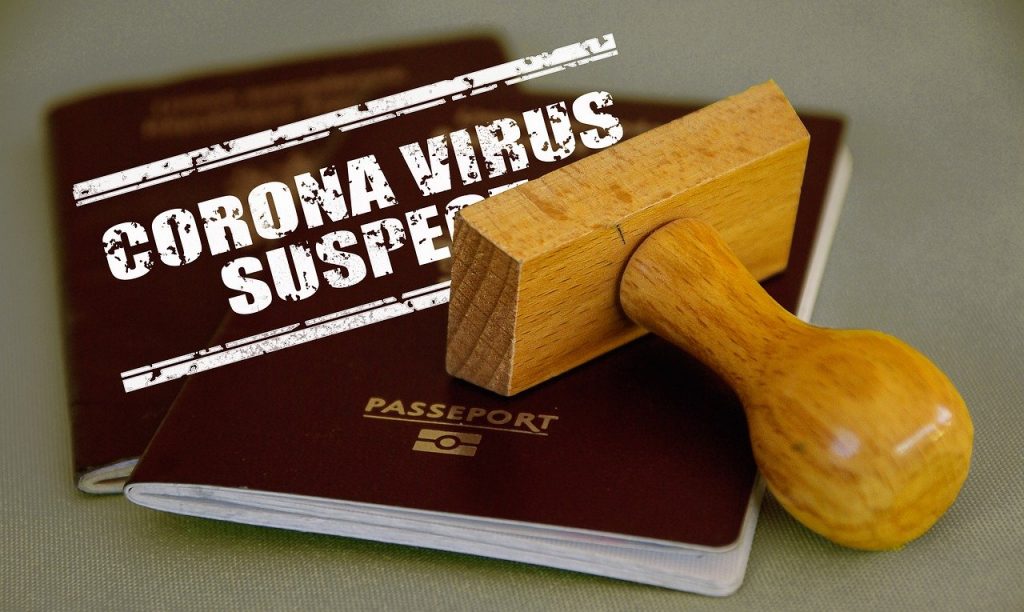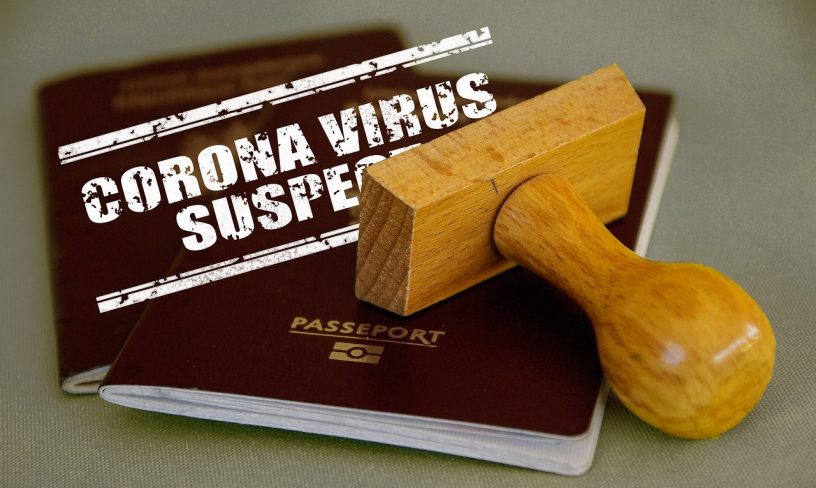
The outbreak of Covid-19 may cause some democracies to move to systems that hinge on authoritarianism.
Authors
Dr. Sriparna Pathak, Assistant Professor, Jindal School of International Affairs, O.P. Jindal Global University, Sonipat, Haryana, India
Summary
The collapse of the Soviet Union led Francis Fukuyama to proclaim the end of history and the dawn of an era heralded by the liberal international order. However, contrary to Fukuyama’s proclamation, the world which emerged was a multilateral one with multiple poles of power claiming greater say in the international system. One of these poles, which has increasingly become among the most important poles in the international system is China.
Coincidentally, it is also the epicentre of the COVID-19 or the Wuhan Virus which now is causing the international order to undergo a painful and protracted change. This time, compared to the earlier epochs in international relations’ history, the change has engulfed citizens across the globe as the world remains quarantined and maintaining social distance in hopes of a victory over the Wuhan Virus.
Supply chains have been disrupted, production of most goods have come to a halt and most services including that of education have been forced to shift online.
People’s movement has been restricted if not curtailed all together and the possibilities of mental health getting severely affected in such a scenario are high. People’s lives, over and above international politics is undergoing drastic changes.
As businesses and services are forced to move online, questions of data security loom large. Zoom, an online platform which is being used increasingly across the world for conducting meetings, discussions and even classes; has seen its daily user base grow from 10 million in December 2018 to more than 200 million in March this year. However, the question remains on whether data is being used for any sort of surveillance or collection without the consent of the users.
Published in: The Geopolitics
To read the full article, please click here


